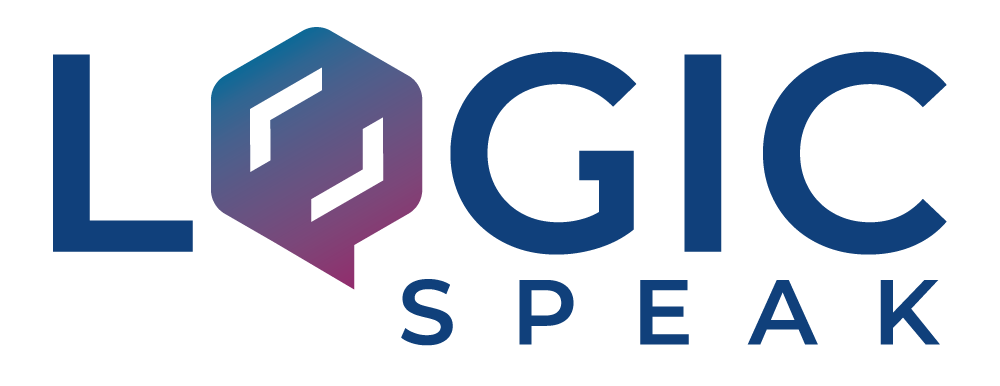AI Use In Business
AI is not going away, so as businesses, we need to think through how we’re going to use, monitor and secure its usage. This will be an evolving conversation, but here are some things to consider when it comes to using AI tools.
Considerations for Adopting AI Tools
Business Needs and Goals:
- Identify specific problems or opportunities where AI can add value.
- Ensure alignment with overall business strategy and objectives.
Data Availability and Quality:
- Assess the availability and quality of data required for AI training and inference.
- Address data privacy and security concerns, including copyright protections for proprietary data.
Skills and Resources:
- Evaluate existing skills within your organization for AI implementation.
- Determine if additional training or hiring is necessary.
Technical Infrastructure:
- Evaluate your current IT infrastructure’s compatibility with AI tools.
- Consider cloud vs. on-premises solutions based on your needs and resources.
Ethical and Regulatory Considerations:
- Evaluate ethical implications of AI use (e.g., bias, fairness, transparency).
- Ensure compliance with relevant regulations and standards (e.g., GDPR, HIPAA).
ROI and Cost Considerations:
- Assess the potential return on investment (ROI) and total cost of ownership (TCO) of AI tools.
- Consider both short-term and long-term financial implications.
Integration with Existing Systems:
- Ensure seamless integration with existing business processes and systems.
- Plan for scalability as AI adoption grows within the organization.
Stay Connected!
Get the latest IT trends and best practices in your inbox.
Another thing to think through are the policies that you may need to put in place. Here are some suggestions:
Data Governance Policy:
- Define guidelines for data collection, storage, access, and usage.
- Ensure compliance with data protection regulations and ethical standards.
AI Development and Deployment Policy:
- Establish protocols for developing, testing, and deploying AI models.
- Define roles and responsibilities for AI development teams.
Ethical Guidelines for AI Use:
- Develop principles for ethical AI use within your organization.
- Address issues such as fairness, accountability, and transparency.
Security and Privacy Policy:
- Implement measures to protect AI systems from cybersecurity threats.
- Ensure data privacy throughout the AI lifecycle, from data collection to disposal.
Compliance and Legal Policy:
- Ensure AI systems comply with relevant laws, regulations, and industry standards.
- Include provisions for auditing and reporting AI activities as required.
Training and Education Policy:
- Provide training opportunities for employees on AI ethics, security, and usage.
- Foster a culture of continuous learning and adaptation to new AI technologies.
Risk Management Policy:
- Identify potential risks associated with AI adoption and usage.
- Develop strategies to mitigate risks and handle incidents effectively.
Again, there is still a lot to learn and it’s ever-changing, so let’s keep the conversation going and when in doubt, it’s best to err on the side of caution. We’re here to help navigate the various options and are happy to discuss and answer any questions.

